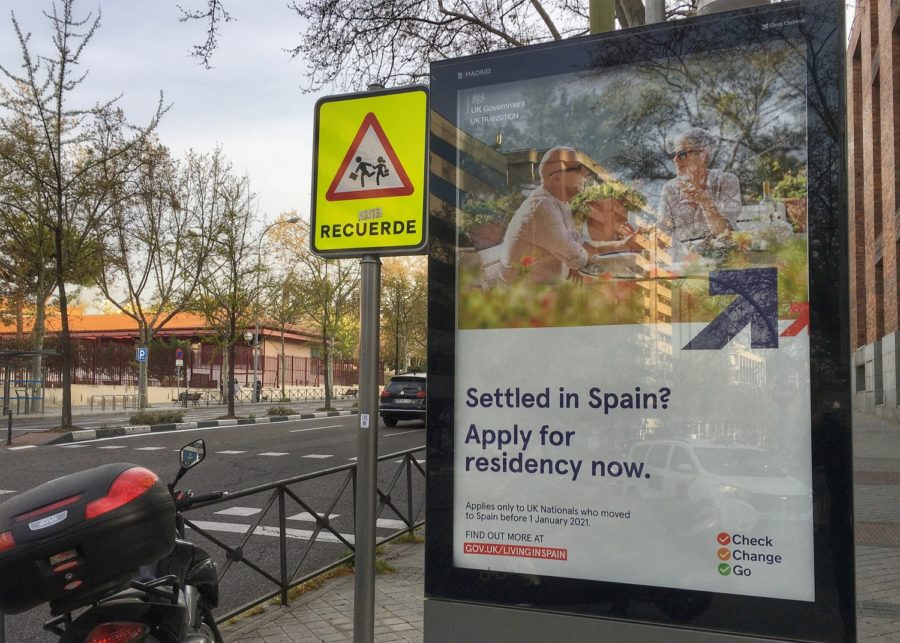In recent weeks, inaccurate media reports around the new rules for UK nationals living in and travelling to Europe may have caused confusion, so I want to lay out the facts of what our new relationship with the European Union means for you.
UK nationals settled in Europe before 1 January 2021
If you are a UK national who was lawfully living in an EU member state or in Iceland, Liechtenstein, Norway or Switzerland before 1 January 2021, your rights to continue living, working and studying in your country of residence are protected by law.
To be clear, anyone lawfully resident in one of these countries before 1 January 2021 can stay, but there are some actions you may need to take:
- register as a resident
- check you are correctly registered for healthcare
- exchange your UK driving licence for a local one
- sign up for alerts to the Living in Guide for your country
Arrangements differ depending on your country of residence, so it is important to check the Living in Guide for the country you are in. This is the definitive official source of information for UK nationals living in Europe. You should also sign up for alerts to make sure you receive the latest updates and find out details of outreach events organised by the local British embassy, consulate or high commission.
If you have been travelling and are returning to your country of residence, check our travel advice to see what documents you may need to show as evidence that you are resident there.
UK nationals planning to move to Europe
If you are planning to move to the EU, or have moved there since 1 January 2021, you must meet the immigration requirements for your new country of residence. You should contact their immigration department or embassy in the UK for more information. Make sure you also read our travel advice to understand any other entry requirements. Many countries are currently restricting entry to nationals and permanent residents of that country because of COVID-related travel restrictions.
UK tourists and business visitors in Europe
Foreign holidays are currently illegal but there will be changes to the way we visit Europe when we are able to do so again. This also applies to people who have a second home in the EU but are normally resident in the UK.
You can still visit the EU, Iceland, Liechtenstein, Norway and Switzerland without a visa for up to 90 days within any 180-day period. However, you might need a visa or work permit if you are planning to stay longer or if you are travelling for business purposes.
New passport validity rules mean you may need to renew your British passport earlier than expected as it may not be valid for travel, even if it is in date. Use our passport checker to find out and renew now if you need to.
To find out what other actions you may need to take before travelling to Europe, read our guidance for visiting Europe.
Remember, always read our travel advice for your destination before you travel. Take out comprehensive travel insurance that meets all your needs, including healthcare.
I hope this offers you some reassurance. Please continue to refer to official sources for information, such as on GOV.UK.

